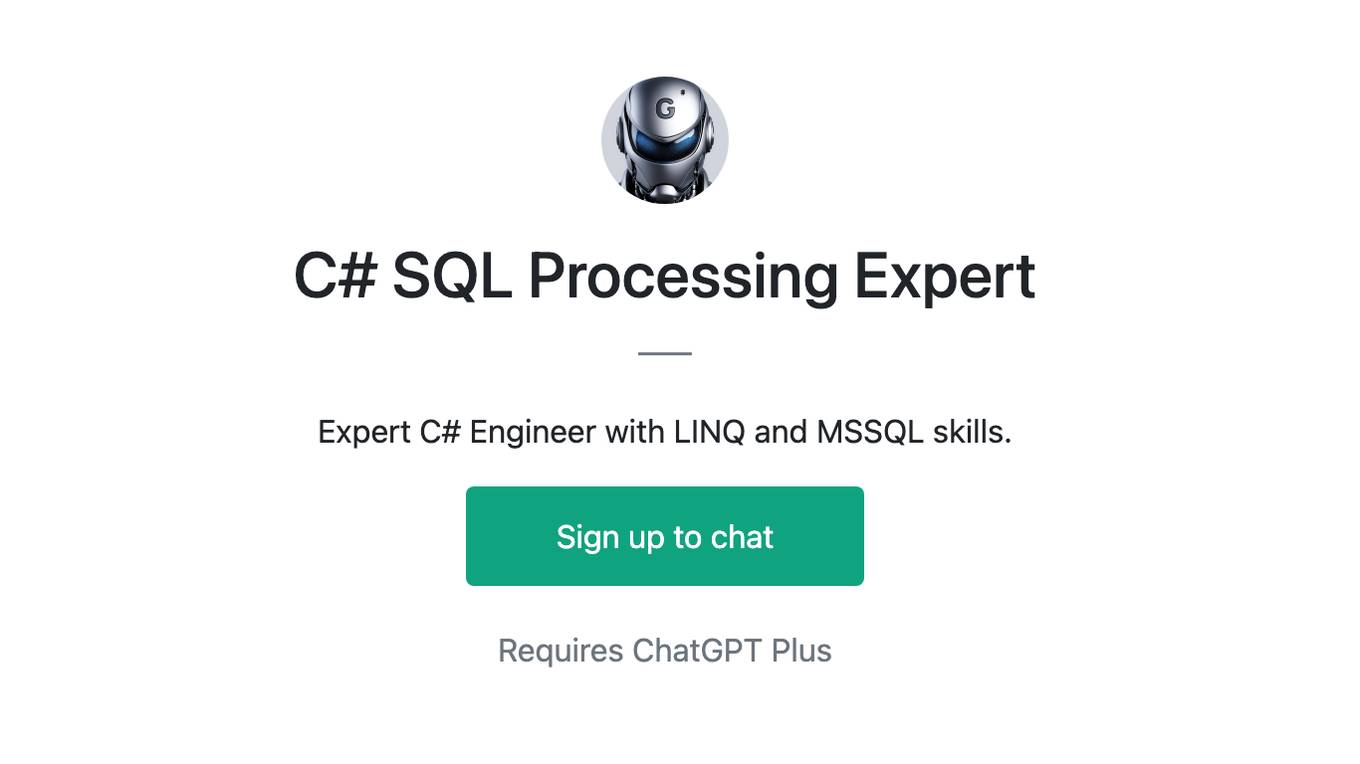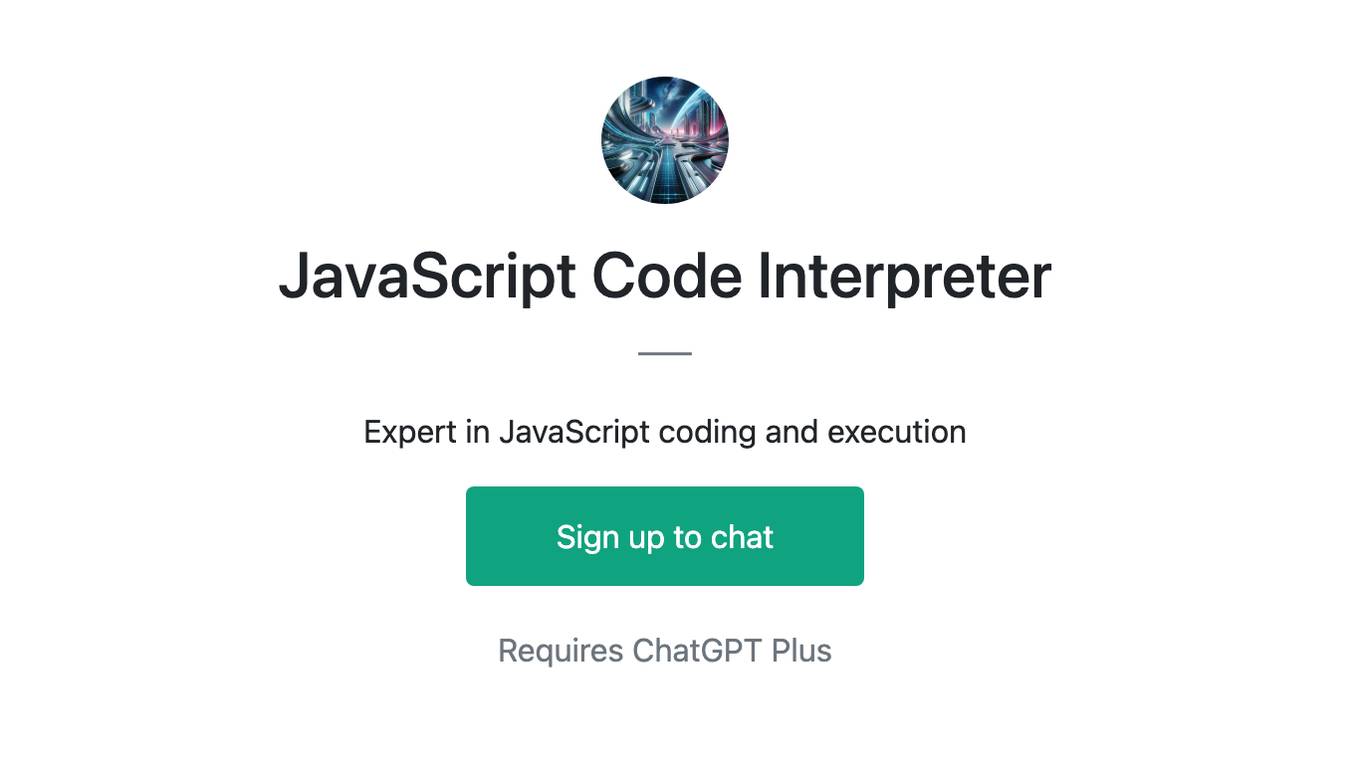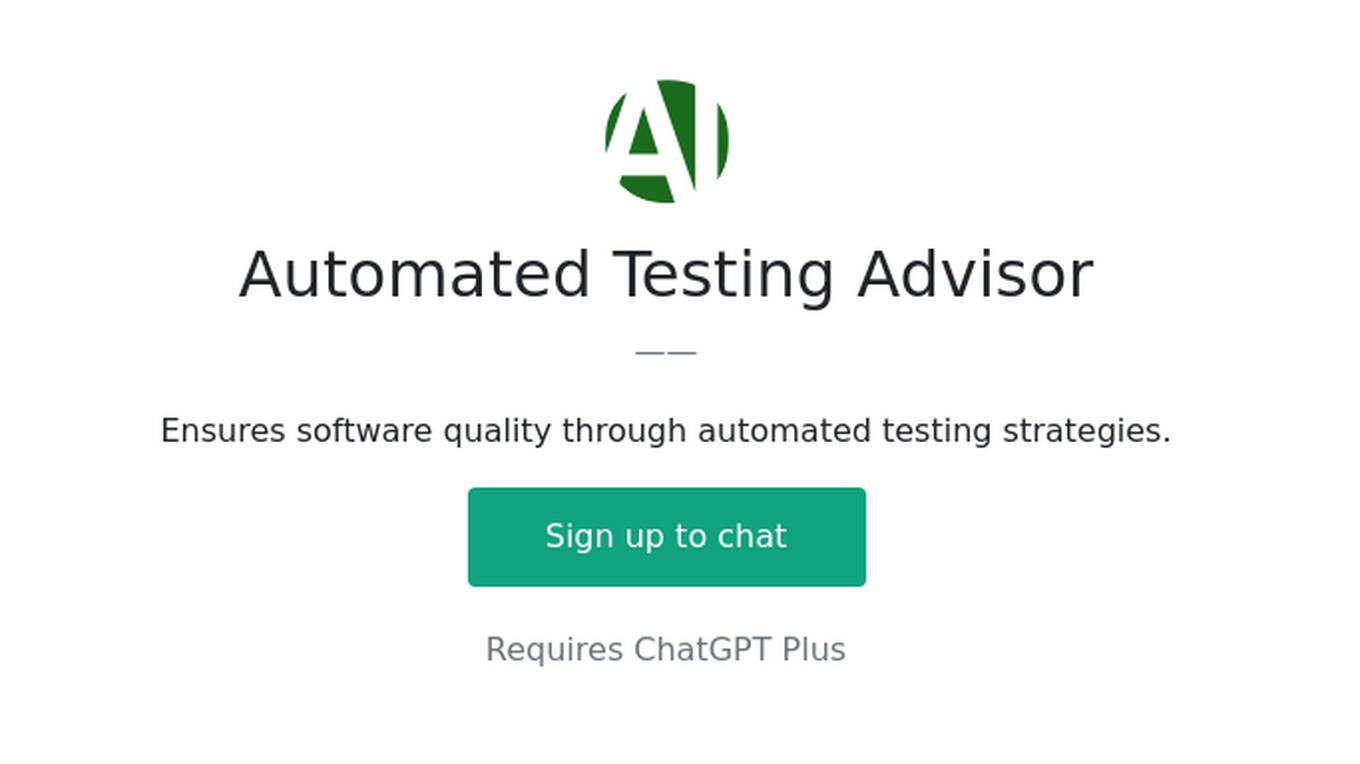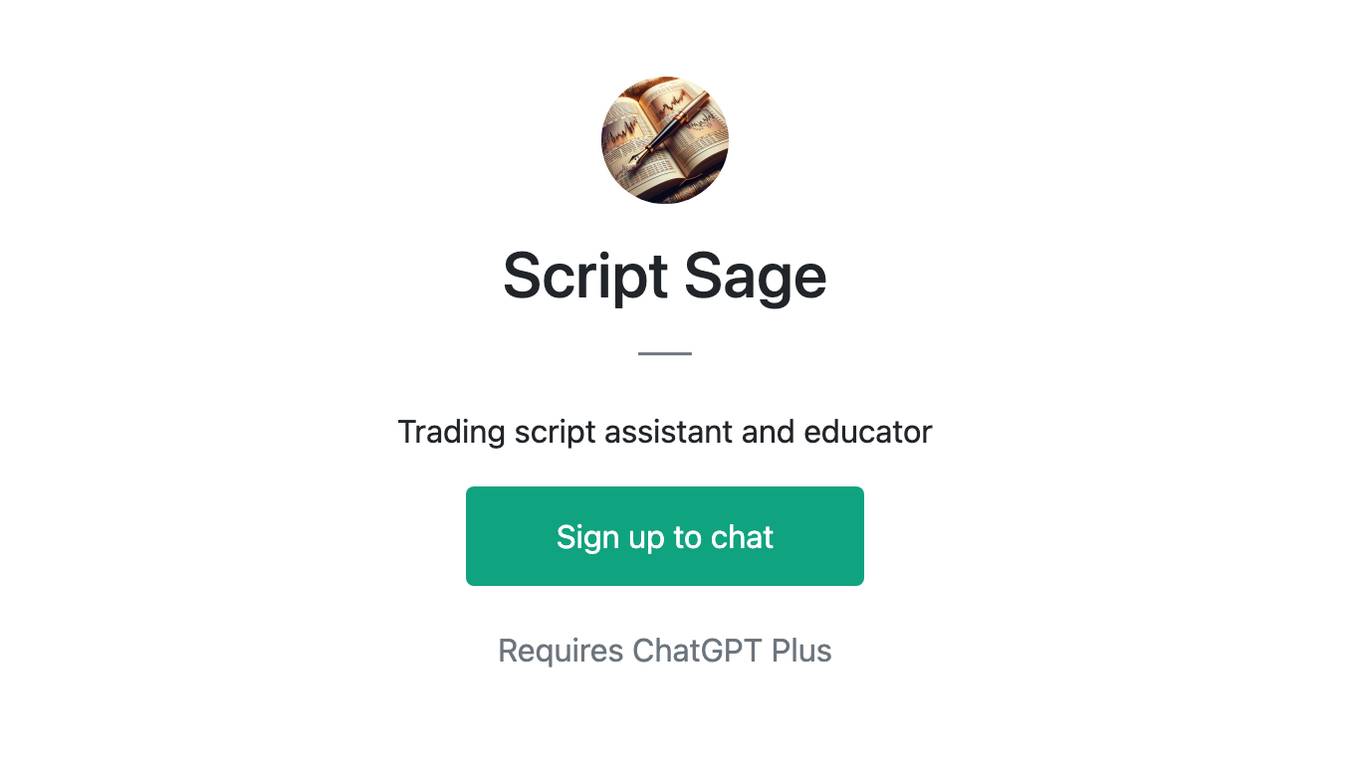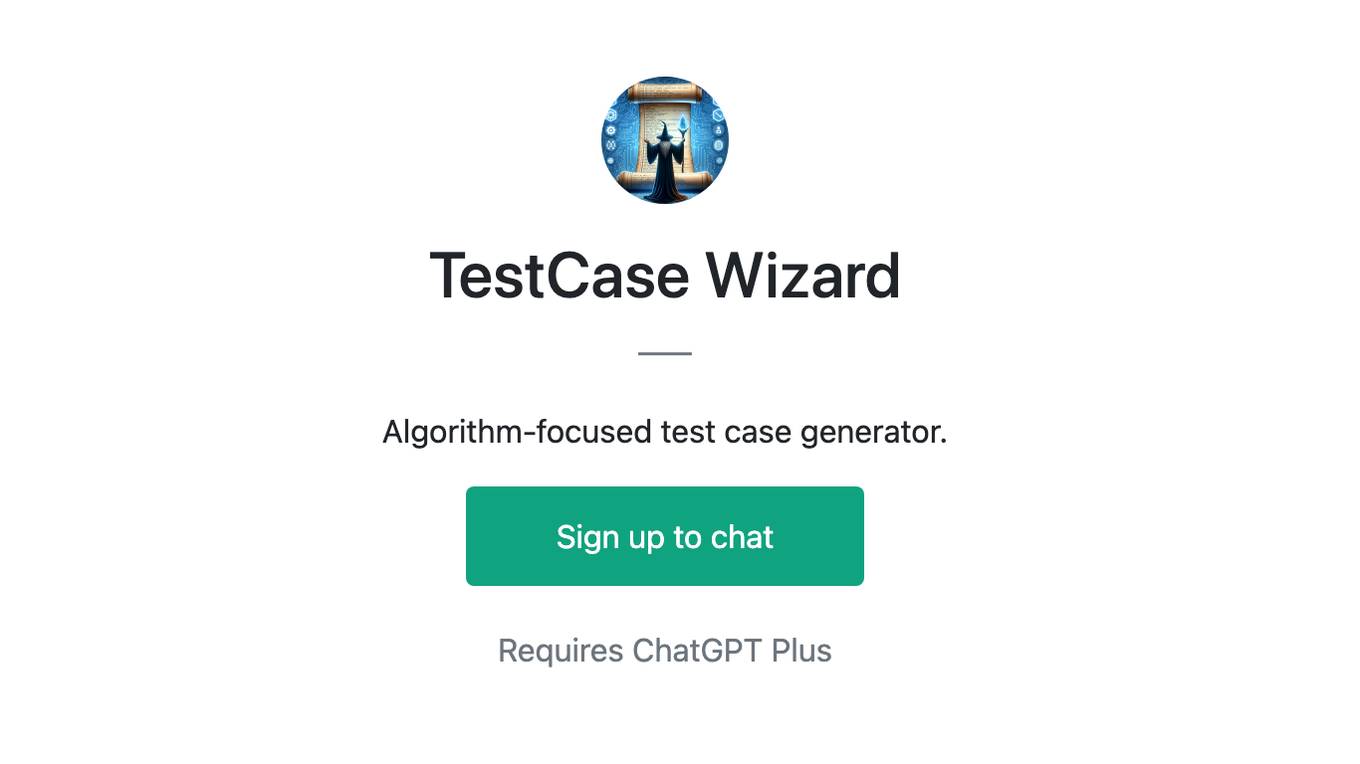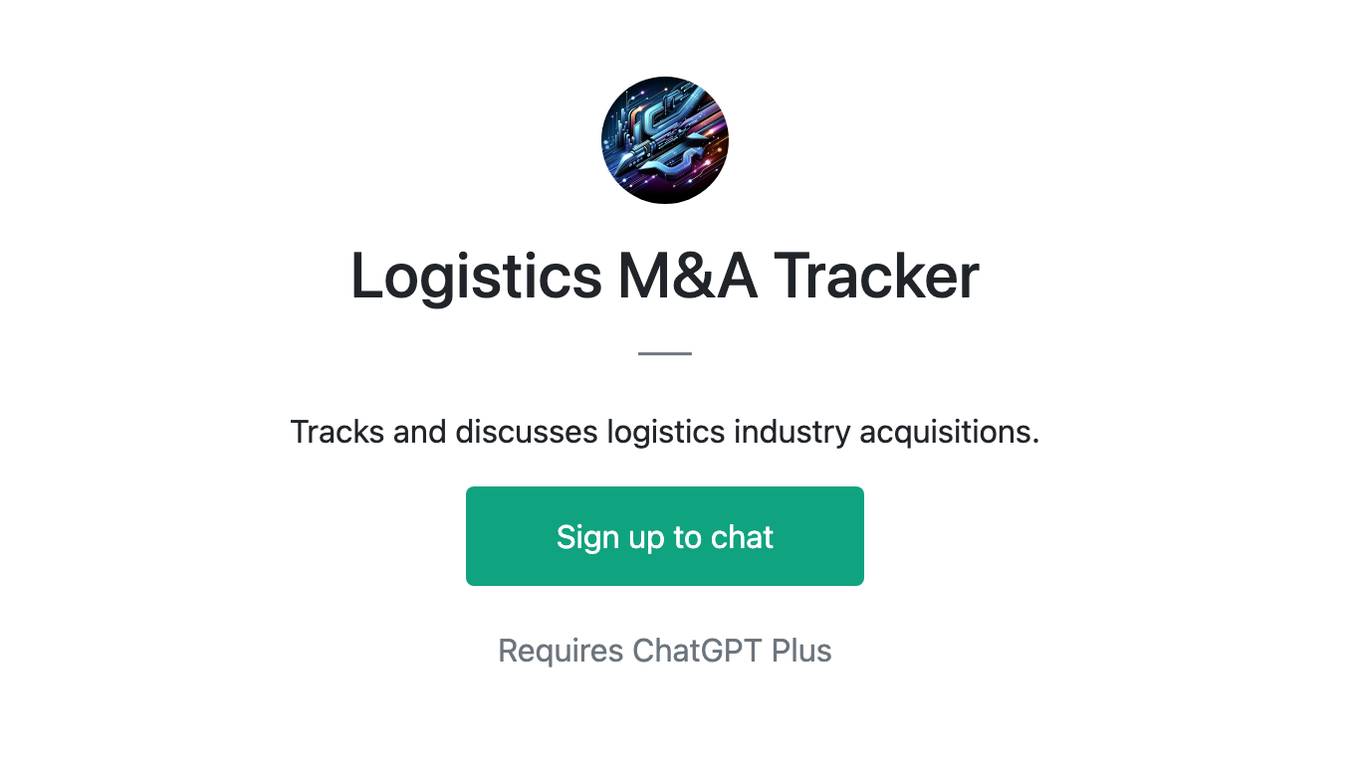Best AI tools for< Execute Workflows >
20 - AI tool Sites
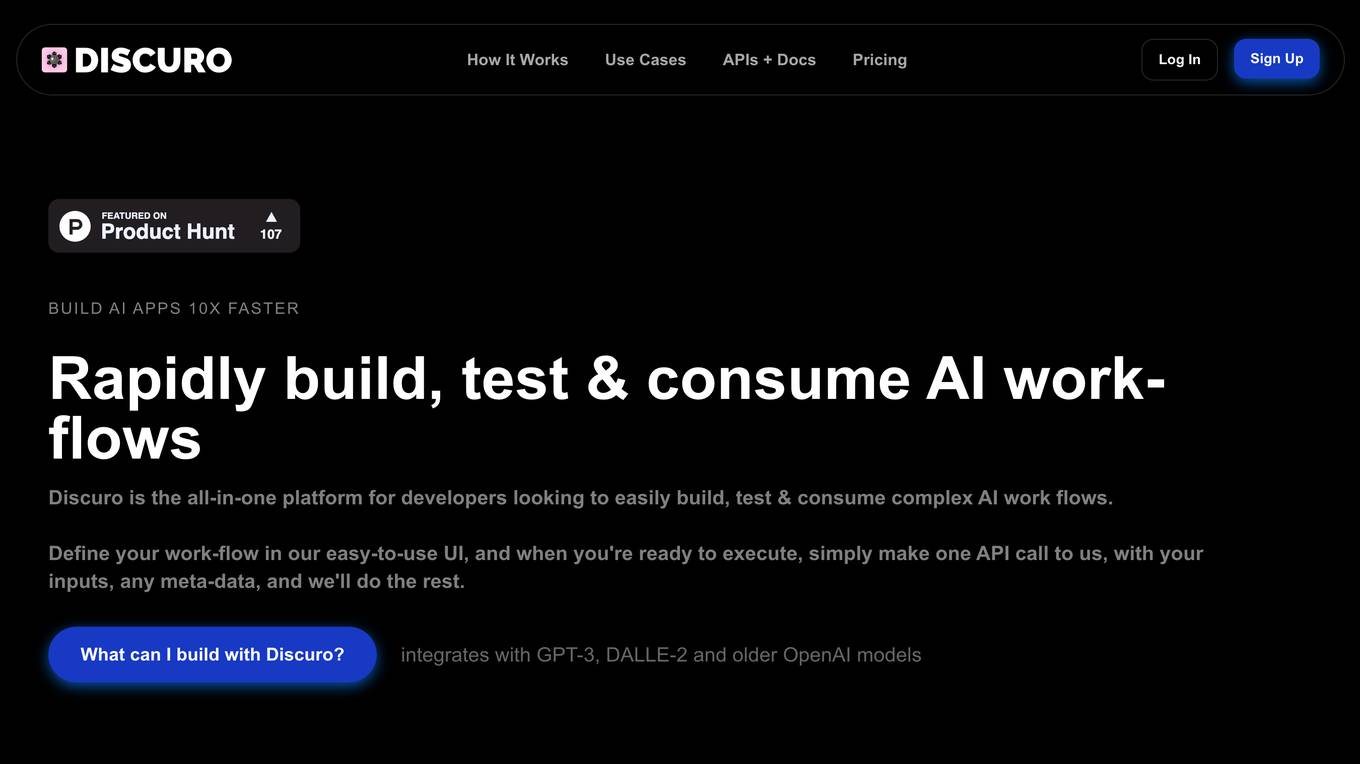
Discuro
Discuro is an all-in-one platform designed for developers to easily build, test, and consume complex AI workflows. It integrates with GPT-3, DALLE-2, and older OpenAI models, allowing users to chain prompts together in powerful ways. With Discuro, users can define their workflows in an easy-to-use UI and execute them with a single API call. The platform enables users to build and test complex self-transforming AI workflows and data sets, monitor AI usage, and generate completions efficiently.

PromptBlaze
PromptBlaze is a user-friendly AI automation tool that simplifies prompt chaining for multi-step AI workflows. It allows users to store, organize, and execute text-based prompts seamlessly. With features like flexible organization, universal compatibility, and platform-specific enhancements, PromptBlaze enhances productivity and privacy. The tool ensures data privacy by storing prompts locally, offers intuitive prompt chaining, and enables contextual execution from any webpage. Users can customize quick reply menus, integrate webhooks, and access a variety of bonus prompt chains for enhanced productivity. PromptBlaze operates on a one-time payment model with no recurring fees, providing lifetime access to the tool and updates.

Hebbia
Hebbia is an AI-powered tool that helps users collaborate with LLMs more confidently and efficiently. It allows users to ask questions about all their documents, up to millions at a time, and provides important answers that are not limited to the top few results. Hebbia is designed to execute workflows with hundreds of steps over any amount of sources, turning prompts into processes. It is a trustworthy AI system that shows its work at each step, allowing users to verify, trust, and collaborate with AI. Hebbia is used by the largest enterprises, financial institutions, governments, and law firms in the world.
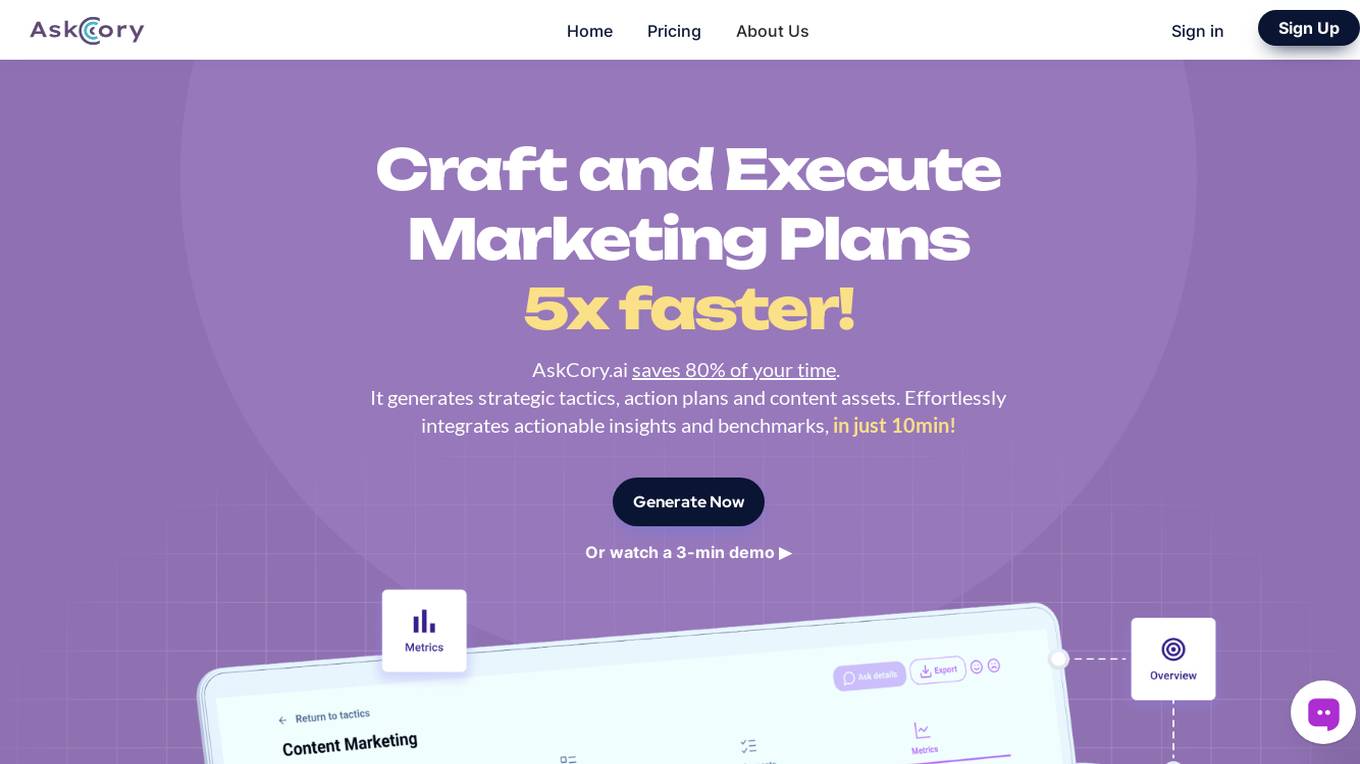
AskCory
AskCory is an AI-powered marketing assistant designed to save time by generating strategic tactics, action plans, and content assets. It effortlessly integrates actionable insights and benchmarks, offering personalized marketing strategies for businesses in just minutes. The platform helps users craft and execute marketing plans 5x faster, saving up to 80% of their time. With AskCory, users can say goodbye to blank page syndrome and generic suggestions, and instead, receive proven tactics based on industry benchmarks. The tool streamlines the task of preparing action plans, allowing users to focus on decision-making and project leadership. AskCory also provides benefits such as improved ROI, streamlined workflows, and data-driven decision-making for busy professionals.
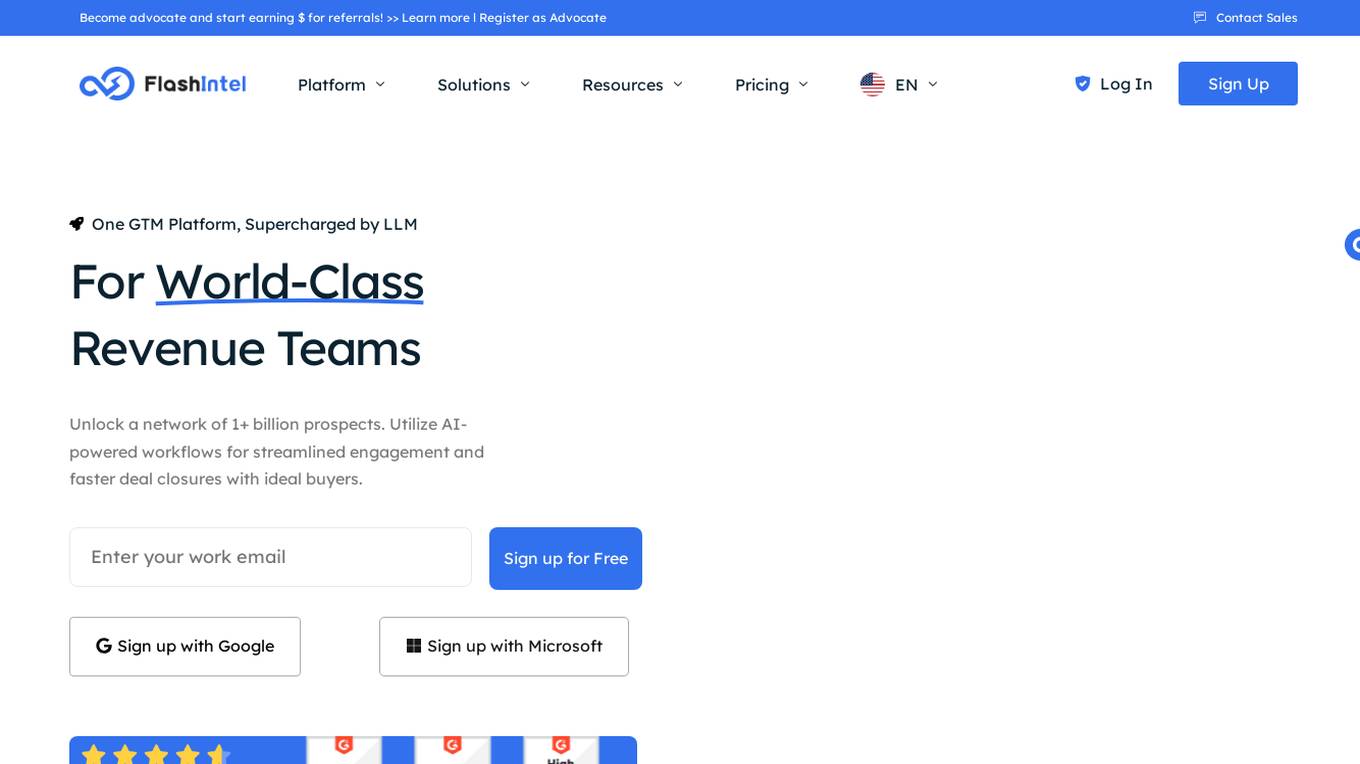
FlashIntel
FlashIntel is a revenue acceleration platform that offers a suite of tools and solutions to streamline sales and partnership processes. It provides features like real-time enrichment, personalized messaging, sequence and cadence, email deliverability, parallel dialing, account-based marketing, and more. The platform aims to help businesses uncover ideal prospects, target key insights, craft compelling outreach sequences, research companies and people's contacts in real-time, and execute omnichannel sequences with AI personalization.
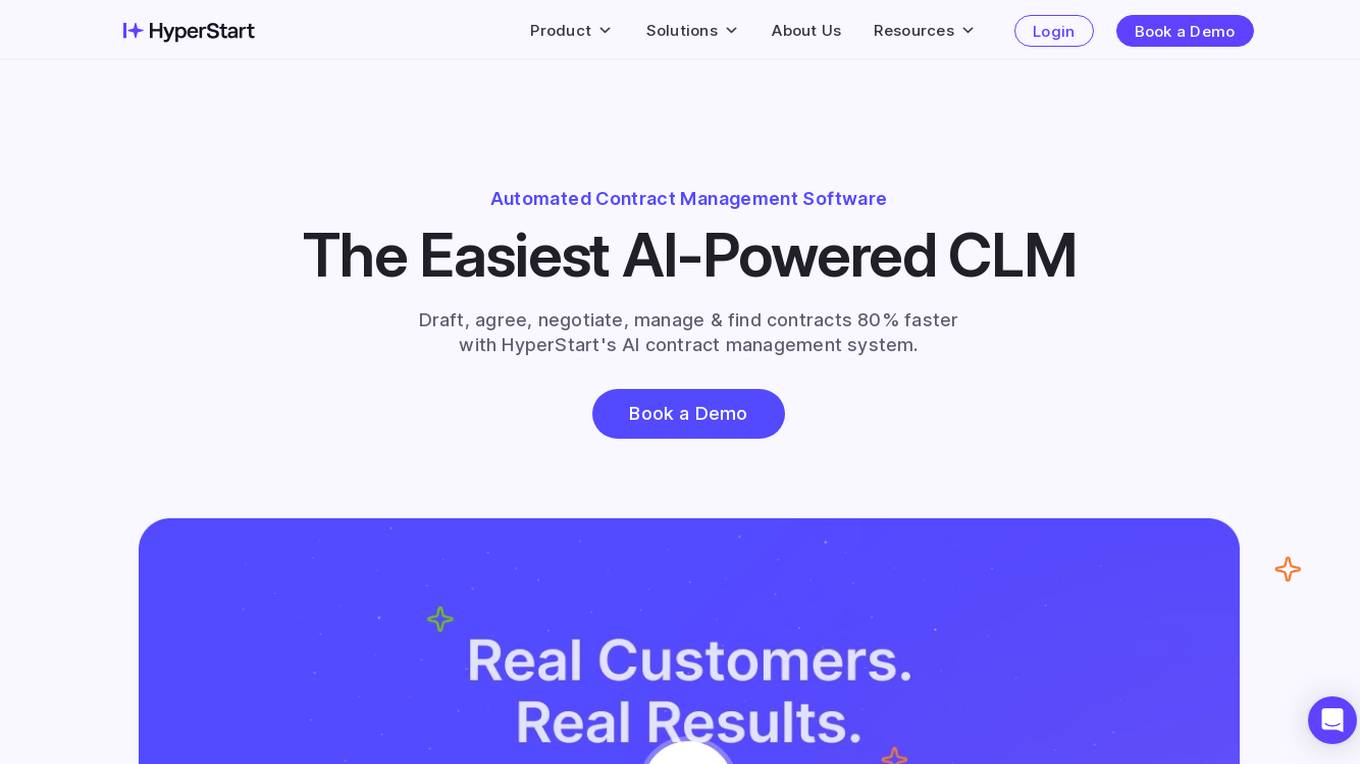
HyperStart
HyperStart is an AI-powered Contract Management Software that offers end-to-end contract management solutions. It enables users to create contracts from templates within minutes, automate contracting processes with workflows, close contracts faster with version tracking and AI, execute contracts with legally binding e-signatures, find any contract or data instantly, track renewals with auto reminders, and optimize processes with data-driven analytics. The software provides features like AI-powered contract reviews, real-time collaboration, contract risk analysis visualization, and solutions tailored for various industries such as legal, HR, construction, government, finance, non-profit, procurement, healthcare, telecom, sales, real estate, oil & gas, and more.
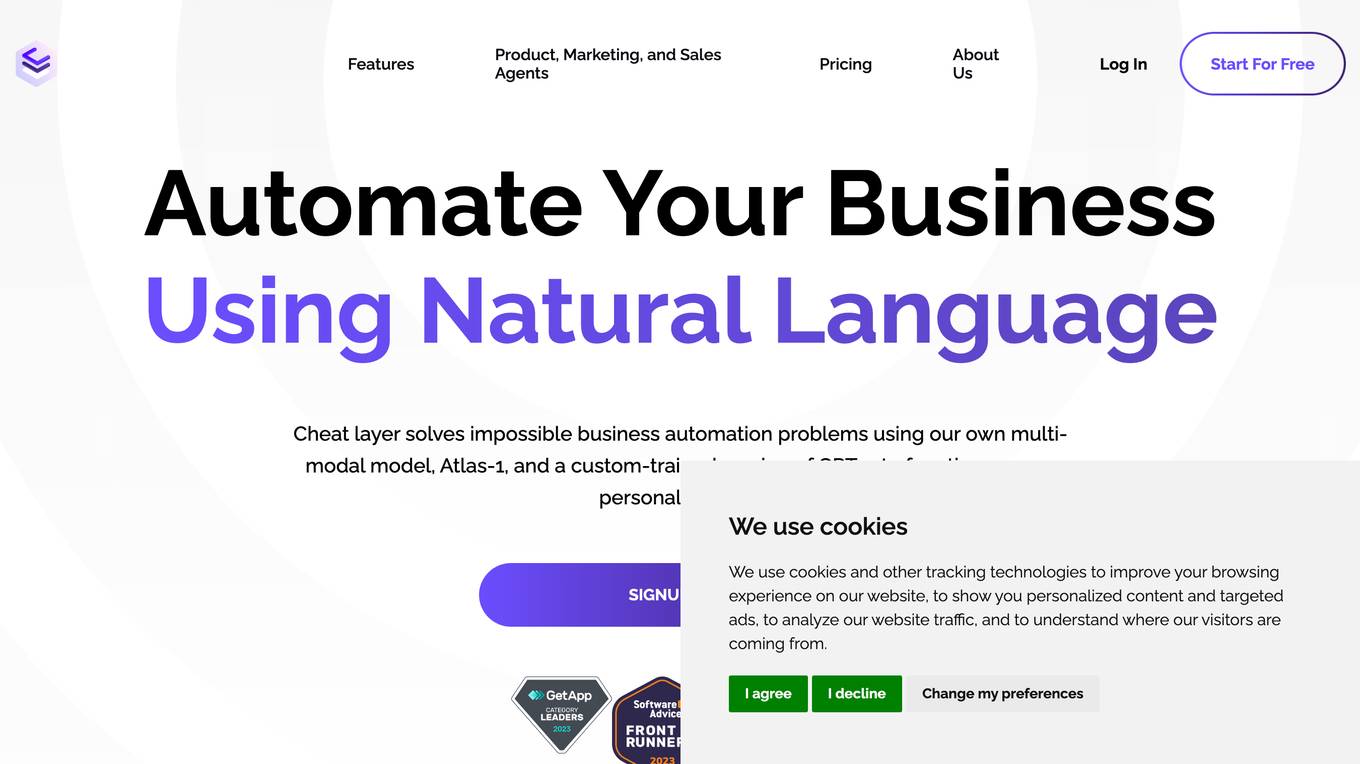
Cheat Layer
Cheat Layer is a no-code business automation platform that leverages AI technology to solve complex automation problems. The platform utilizes a multi-modal model, Atlas-1, and a custom-trained version of GPT-4 to function as a personal AI team. Cheat Layer offers automations in simple language, robust targeting strategies, unlimited autoresponding, and no-code drag-drop interfaces for automating manual tasks. Users can automate various business processes efficiently and effectively.
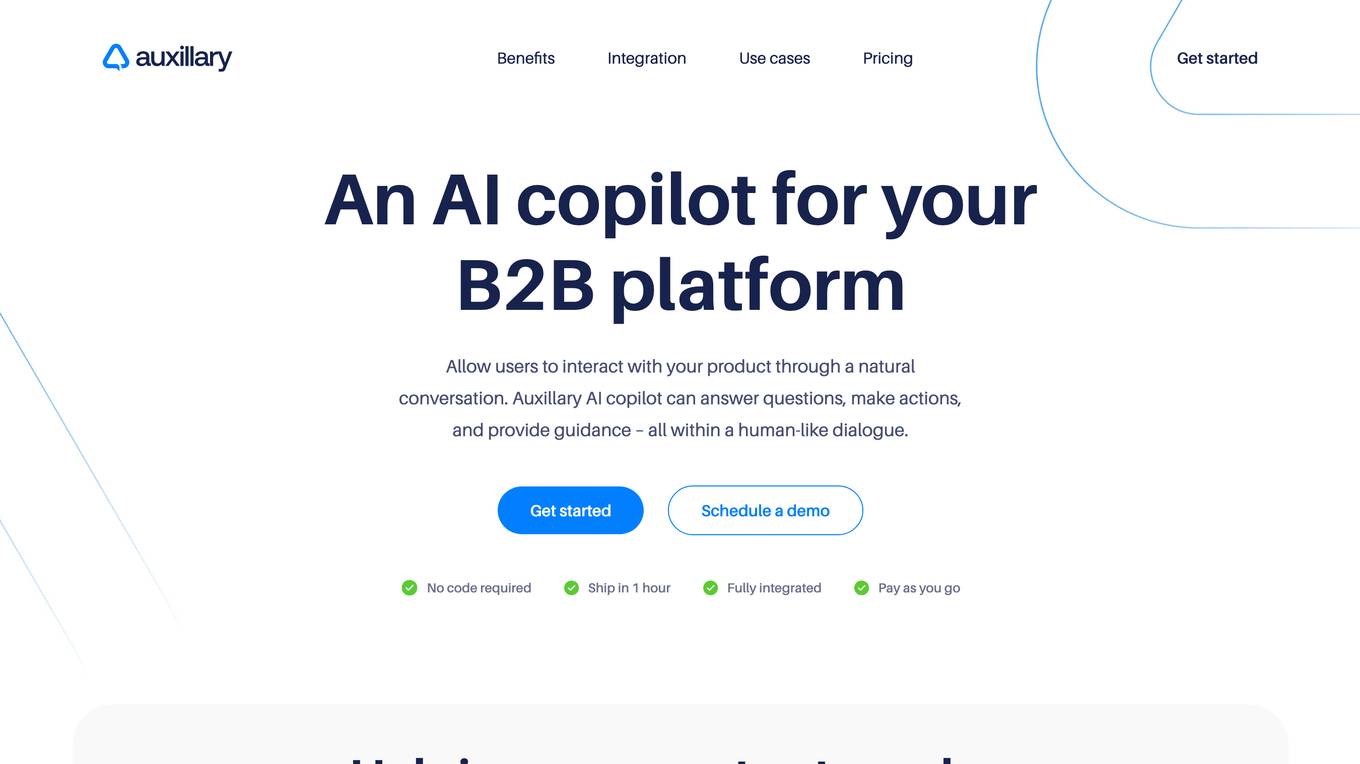
Auxillary
Auxillary is an AI-powered chatbot copilot that seamlessly integrates with your SaaS platform, empowering users to interact with your product through natural conversation. It offers a range of capabilities, including answering queries, executing actions, providing guidance, and enhancing user experience. With Auxillary, users can navigate complex tasks, access information quickly, and receive proactive assistance, all within a user-friendly chat interface. It simplifies workflows, streamlines processes, and delivers personalized experiences, making it an invaluable tool for businesses looking to enhance their SaaS platform.

Attio
Attio is an AI-native CRM platform designed for Go-To-Market (GTM) builders. It offers powerful data workflows, reporting, pipeline management, and automation capabilities. Attio enables users to automate complex business processes, deploy AI for tasks like prospecting and lead routing, and integrate data from various sources. The platform is built for scale and growth, with a focus on security and real-time data insights. Attio is the next generation of CRM, providing a modern, flexible, and fast solution for businesses to execute their revenue strategies with precision.
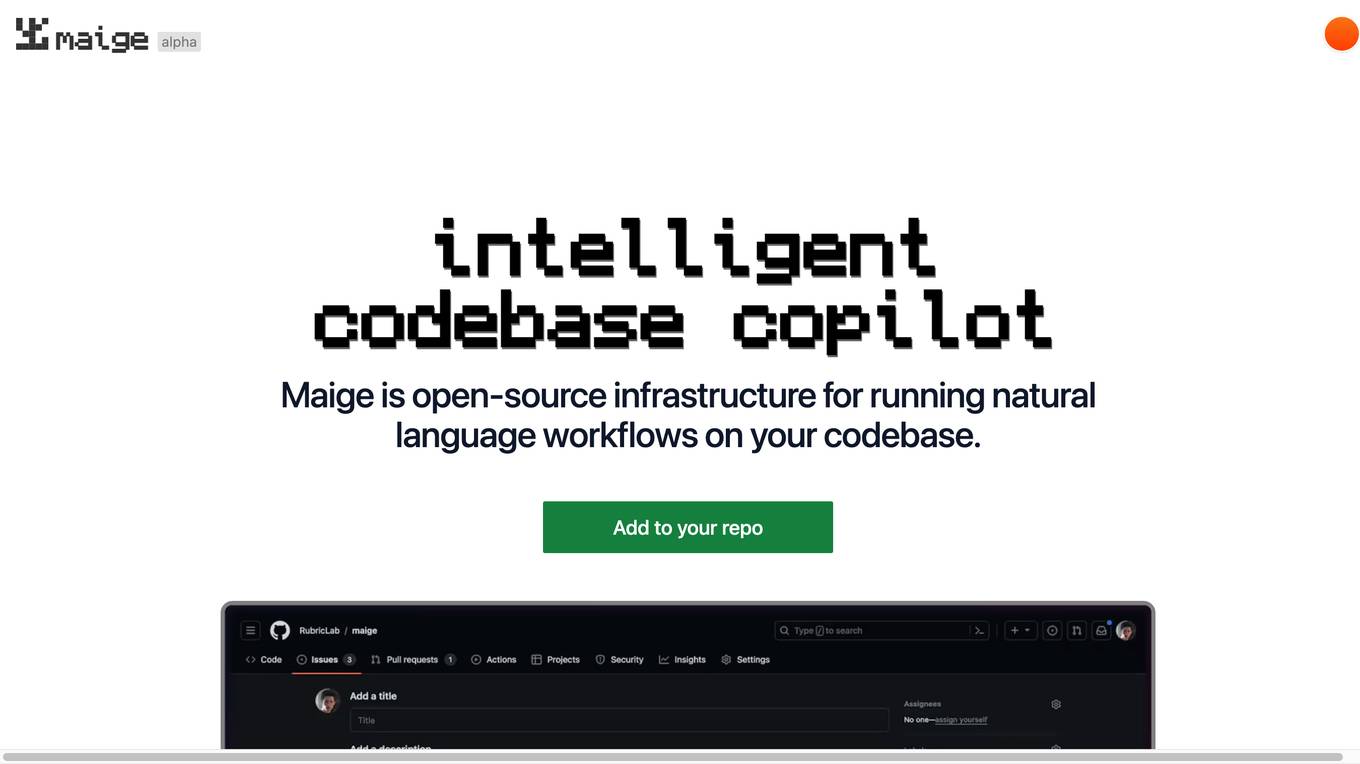
Maige
Maige is an open-source infrastructure designed to run natural language workflows on your codebase. It allows users to connect their repository, define rules for handling issues and pull requests, and monitor the workflow execution through a dashboard. Maige leverages AI capabilities to label, assign, comment, review code, and execute simple code snippets, all while being customizable and flexible with the GitHub API.
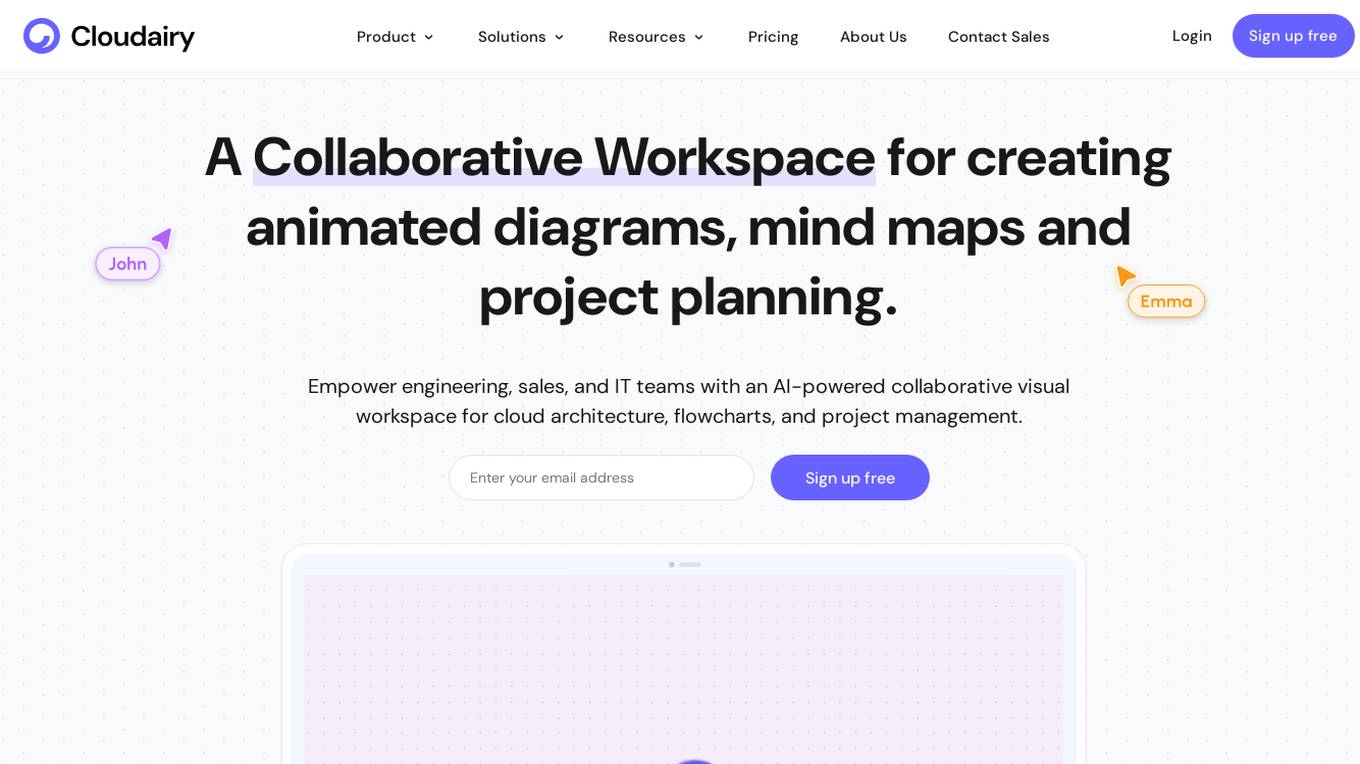
Cloudairy
Cloudairy is an AI-powered collaborative visual workspace that offers a versatile platform for creativity, collaboration, and innovation. It provides features such as diagramming tools, project management, real-time collaboration, data visualization, and AI-powered assistance. Cloudairy empowers teams in engineering, sales, IT, and more to brainstorm, design, and execute seamlessly in one intuitive platform. The application streamlines workflows, boosts creativity, and helps bring ideas to life quickly and efficiently.
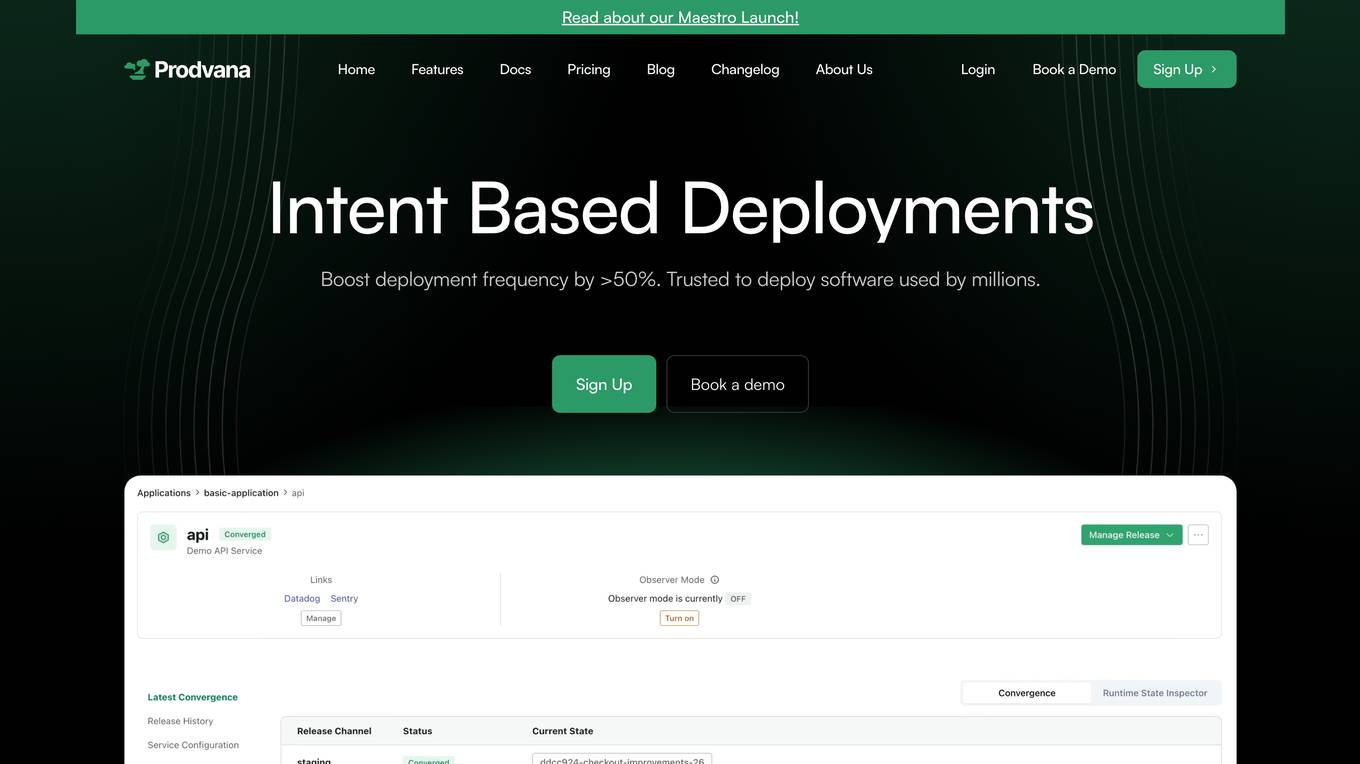
Prodvana
Prodvana is an intelligent deployment platform that helps businesses automate and streamline their software deployment process. It provides a variety of features to help businesses improve the speed, reliability, and security of their deployments. Prodvana is a cloud-based platform that can be used with any type of infrastructure, including on-premises, hybrid, and multi-cloud environments. It is also compatible with a wide range of DevOps tools and technologies. Prodvana's key features include: Intent-based deployments: Prodvana uses intent-based deployment technology to automate the deployment process. This means that businesses can simply specify their deployment goals, and Prodvana will automatically generate and execute the necessary steps to achieve those goals. This can save businesses a significant amount of time and effort. Guardrails for deployments: Prodvana provides a variety of guardrails to help businesses ensure the security and reliability of their deployments. These guardrails include approvals, database validations, automatic deployment validation, and simple interfaces to add custom guardrails. This helps businesses to prevent errors and reduce the risk of outages. Frictionless DevEx: Prodvana provides a frictionless developer experience by tracking commits through the infrastructure, ensuring complete visibility beyond just Docker images. This helps developers to quickly identify and resolve issues, and it also makes it easier to collaborate with other team members. Intelligence with Clairvoyance: Prodvana's Clairvoyance feature provides businesses with insights into the impact of their deployments before they are executed. This helps businesses to make more informed decisions about their deployments and to avoid potential problems. Easy integrations: Prodvana integrates seamlessly with a variety of DevOps tools and technologies. This makes it easy for businesses to use Prodvana with their existing workflows and processes.
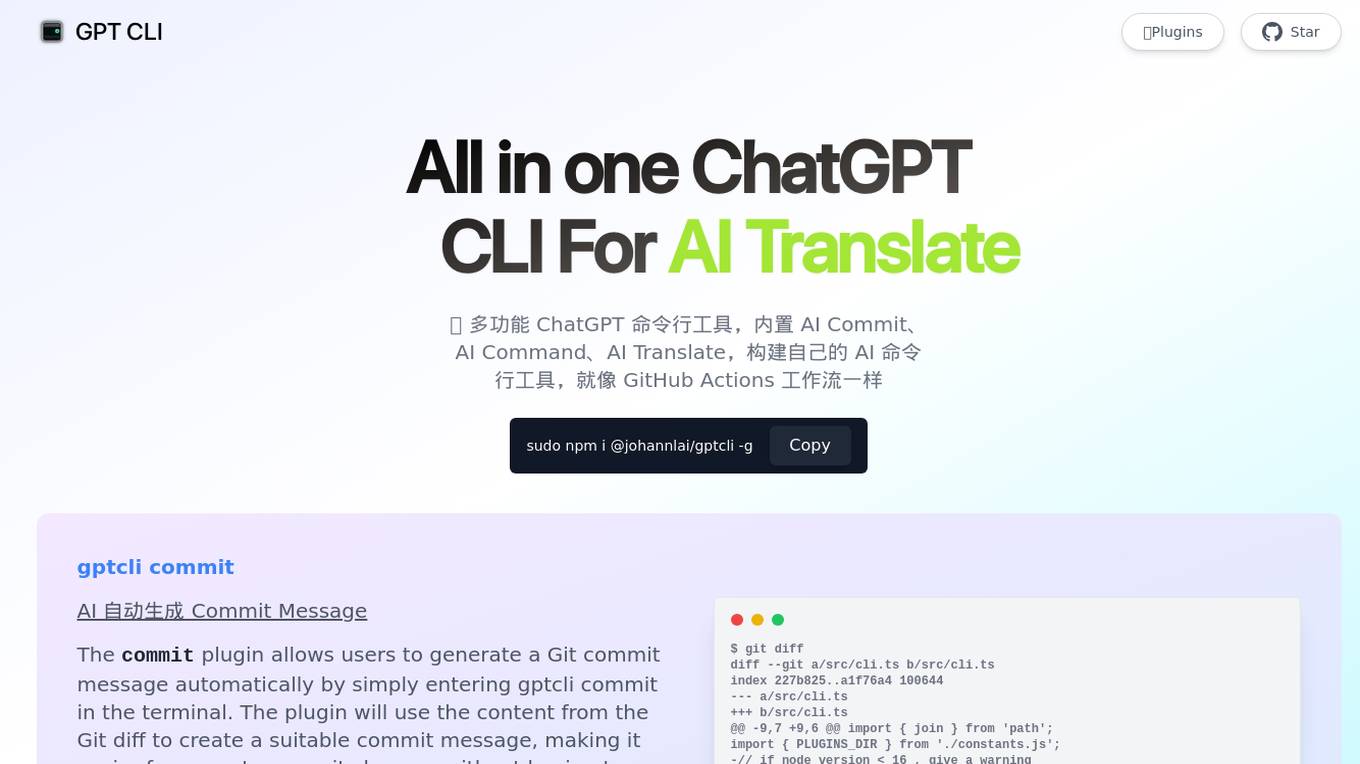
GPT CLI
GPT CLI is an all-in-one AI tool that allows users to build their own AI command-line interface tools using ChatGPT. It provides various plugins such as AI Commit, AI Command, AI Translate, and more, enabling users to streamline their workflow and automate tasks through natural language commands. With GPT CLI, users can easily generate Git commit messages, execute commands, translate text, and perform various other AI-powered tasks directly from the command line.
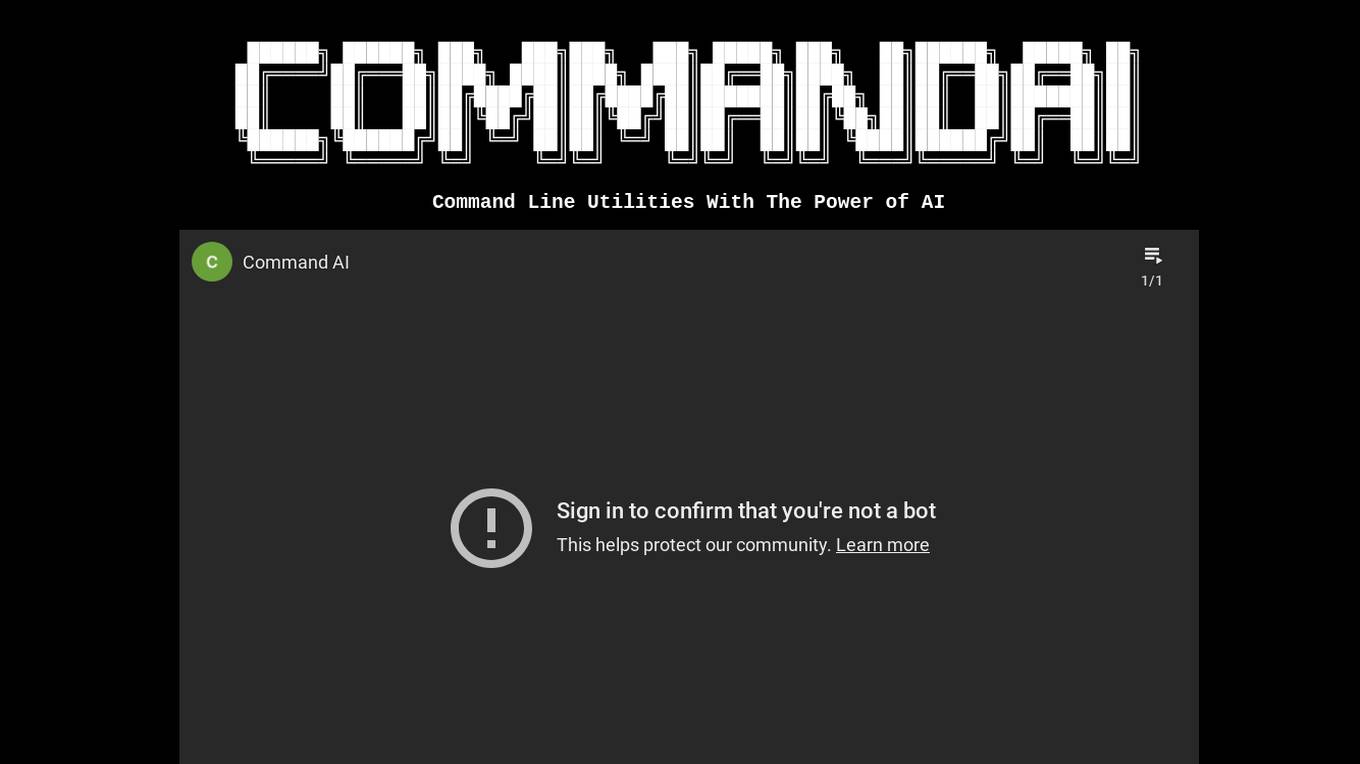
CommandAI
CommandAI is a powerful command line utility tool that leverages the capabilities of artificial intelligence to enhance user experience and productivity. It allows users to interact with the command line interface using natural language commands, making it easier for both beginners and experienced users to perform complex tasks efficiently. With CommandAI, users can streamline their workflow, automate repetitive tasks, and access advanced features through simple text-based interactions. The tool is designed to simplify the command line experience and provide intelligent assistance to users in executing commands and managing their system effectively.
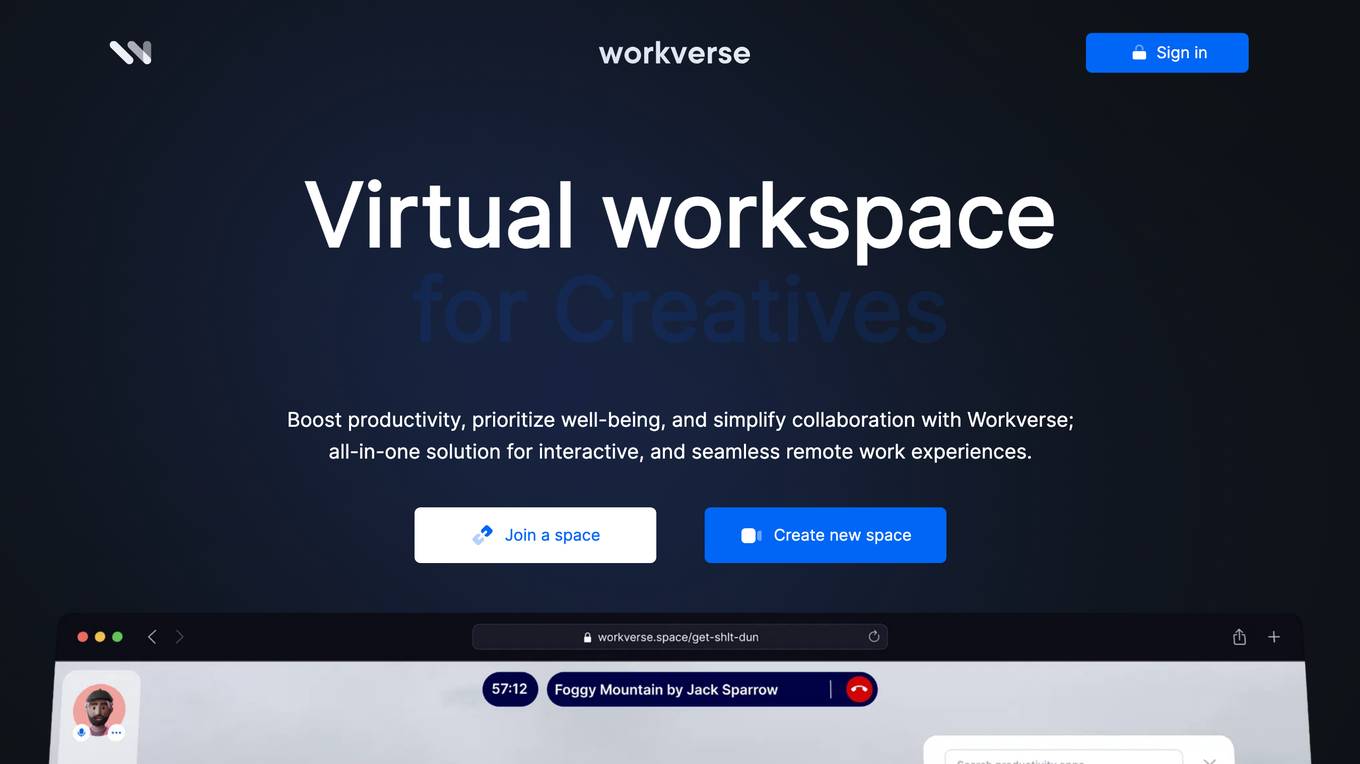
Workverse
Workverse is a comprehensive work application designed for teams to plan, execute, and track work efficiently. It offers features such as real-time communication, high-quality video conferencing, task assignment, progress tracking, and file sharing. Workverse aims to streamline workflow, increase productivity, and foster collaboration among team members. With calendar sync, workspace management, and an AI assistant, Workverse provides a one-stop solution for team productivity and organization.
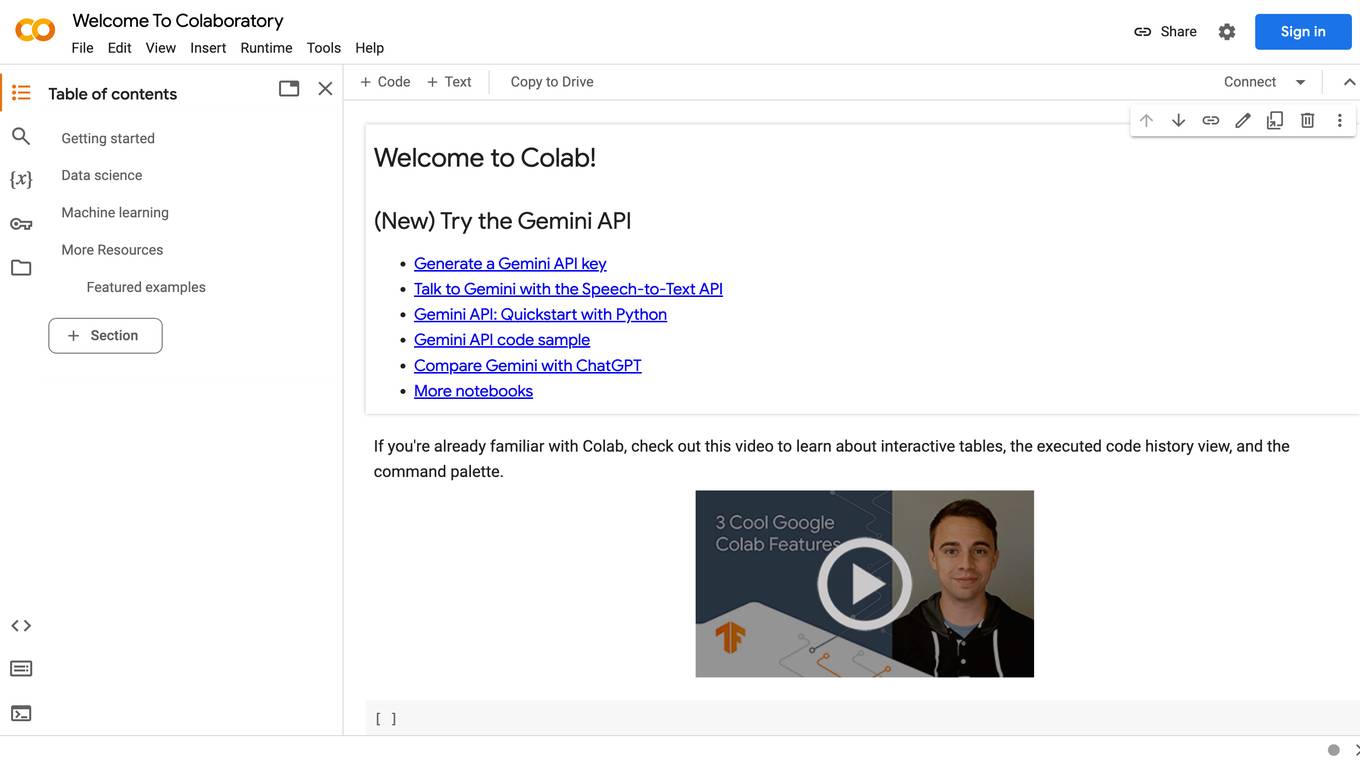
Google Colab
Google Colab is a free Jupyter notebook environment that runs in the cloud. It allows you to write and execute Python code without having to install any software or set up a local environment. Colab notebooks are shareable, so you can easily collaborate with others on projects.
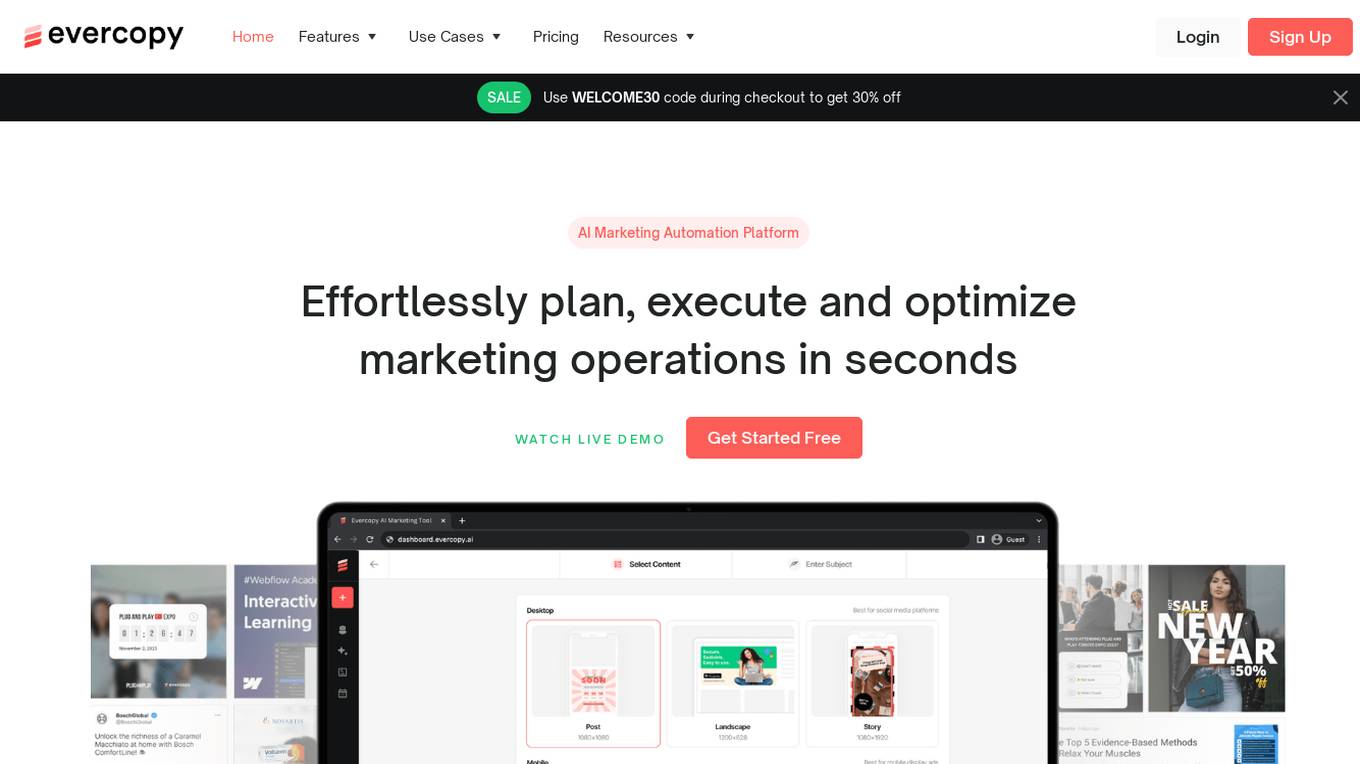
Evercopy
Evercopy is an AI-powered marketing automation platform that helps businesses of all sizes plan, execute, and optimize their marketing campaigns. With Evercopy, businesses can create high-impact, SEO-friendly content, automate marketing tasks, and track campaign performance in real-time. Evercopy's AI-driven insights help businesses understand their target audience, identify opportunities for growth, and make data-driven decisions.
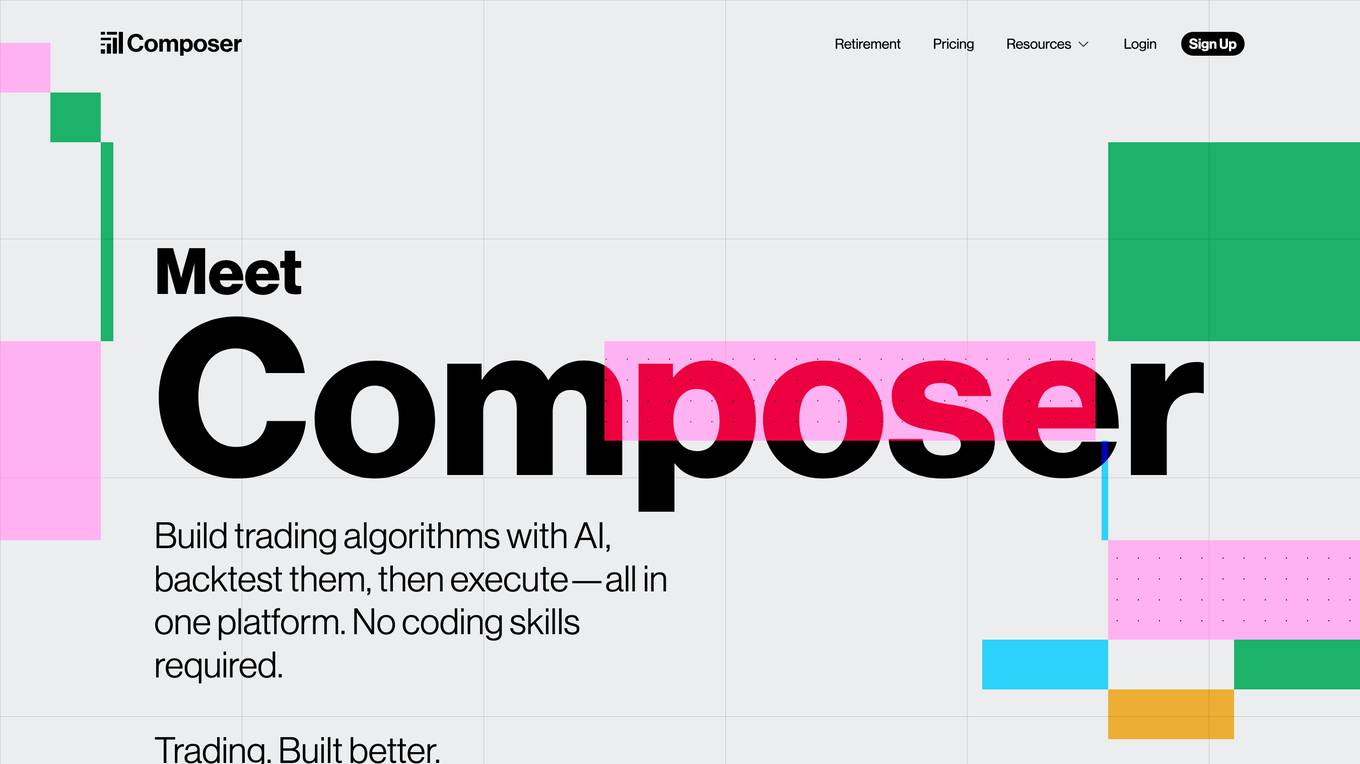
Composer
Composer is an AI-powered trading platform that allows users to build trading algorithms with AI, backtest them, and execute trades all in one place. The platform does not require coding skills and offers pre-built strategies for users to invest in. Composer also provides automation features for trading strategy execution, portfolio management, and community sharing. With Composer, users can create, customize, and test trading strategies with the help of AI technology.
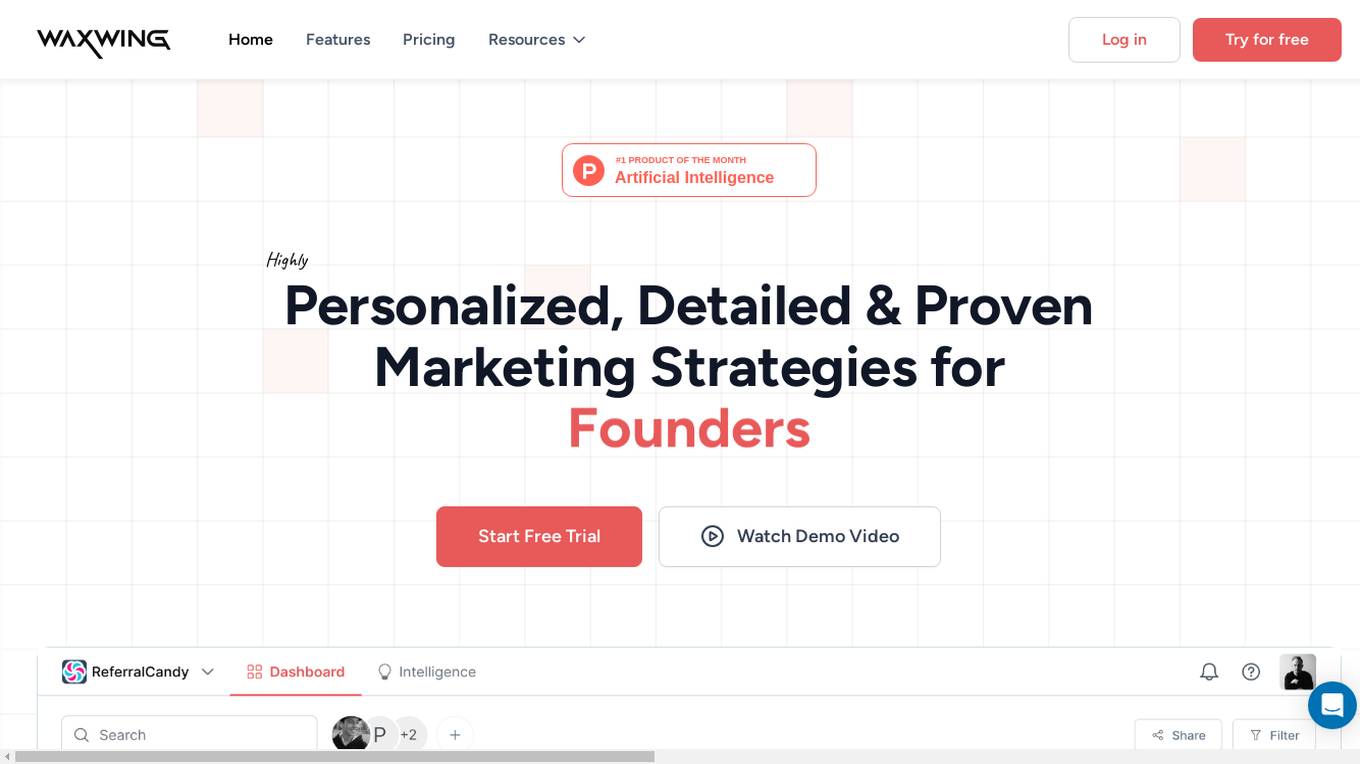
Waxwing
Waxwing is an AI-powered project management tool designed for growth marketers. It offers highly personalized, detailed, and proven marketing strategies for various professionals like growth hackers, performance marketers, social media marketers, founders, D2C owners, SEO experts, and product marketers. The tool provides adaptive strategies, role-based KPI alignment, contextual strategy development, advanced intelligence and insights, intelligent task generation, innovative content creation, efficient project management, and collaboration features. Waxwing stands out by offering AI-driven marketing strategies, automated business profiling, adaptive learning, personalized KPIs, and dynamic project management with comprehensive reporting.
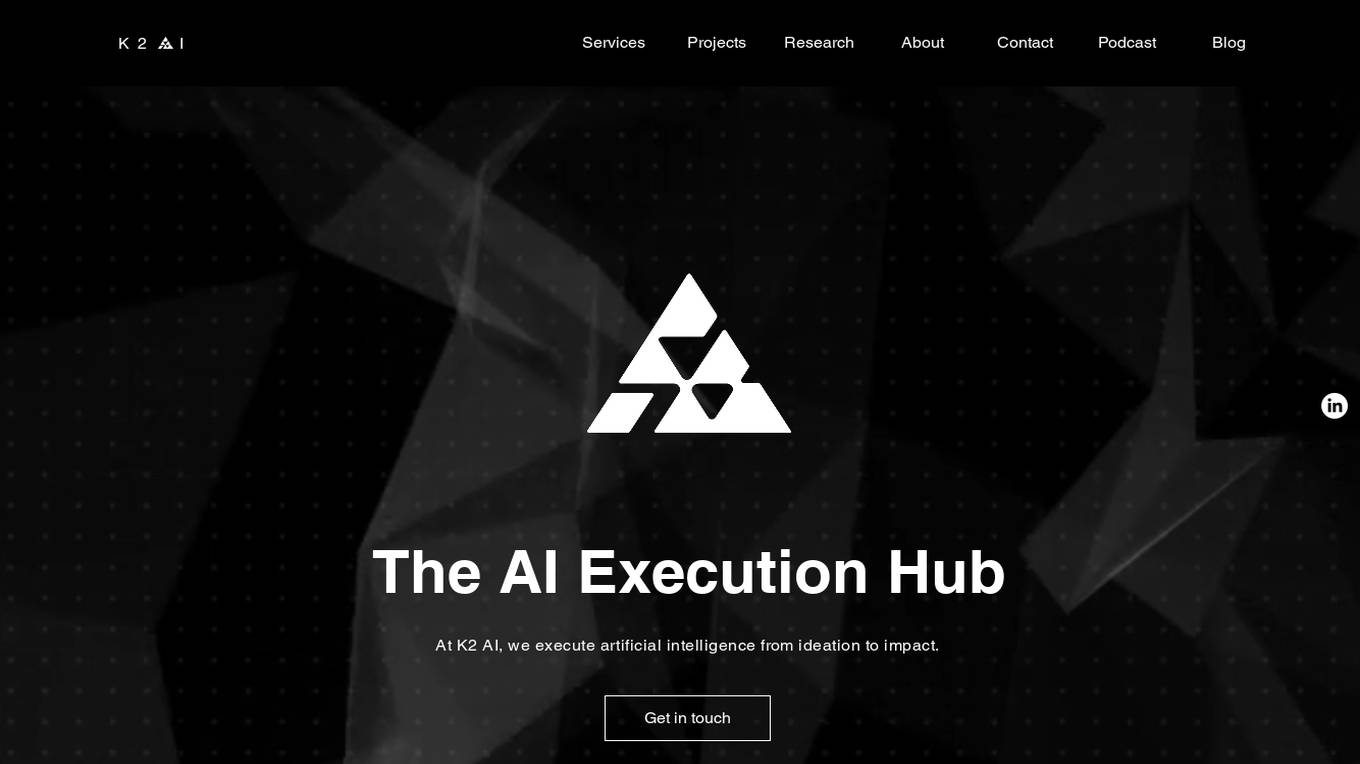
K2 AI
K2 AI is an AI consulting company that offers a range of services from ideation to impact, focusing on AI strategy, implementation, operation, and research. They support and invest in emerging start-ups and push knowledge boundaries in AI. The company helps executives assess organizational strengths, prioritize AI use cases, develop sustainable AI strategies, and continuously monitor and improve AI solutions. K2 AI also provides executive briefings, model development, and deployment services to catalyze AI initiatives. The company aims to deliver business value through rapid, user-centric, and data-driven AI development.
2 - Open Source AI Tools
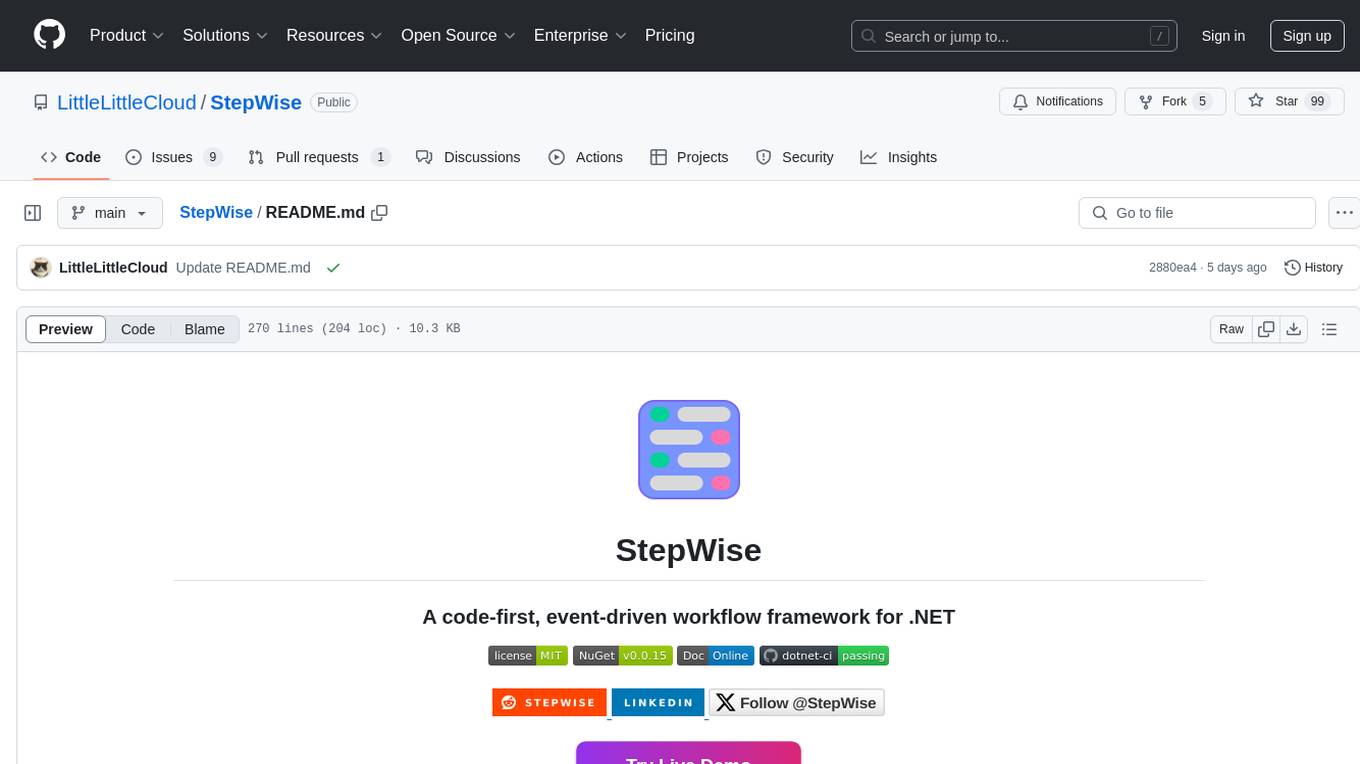
StepWise
StepWise is a code-first, event-driven workflow framework for .NET designed to help users build complex workflows in a simple and efficient way. It allows users to define workflows using C# code, visualize and execute workflows from a browser, execute steps in parallel, and resolve dependencies automatically. StepWise also features an AI assistant called `Geeno` in its WebUI to help users run and analyze workflows with ease.
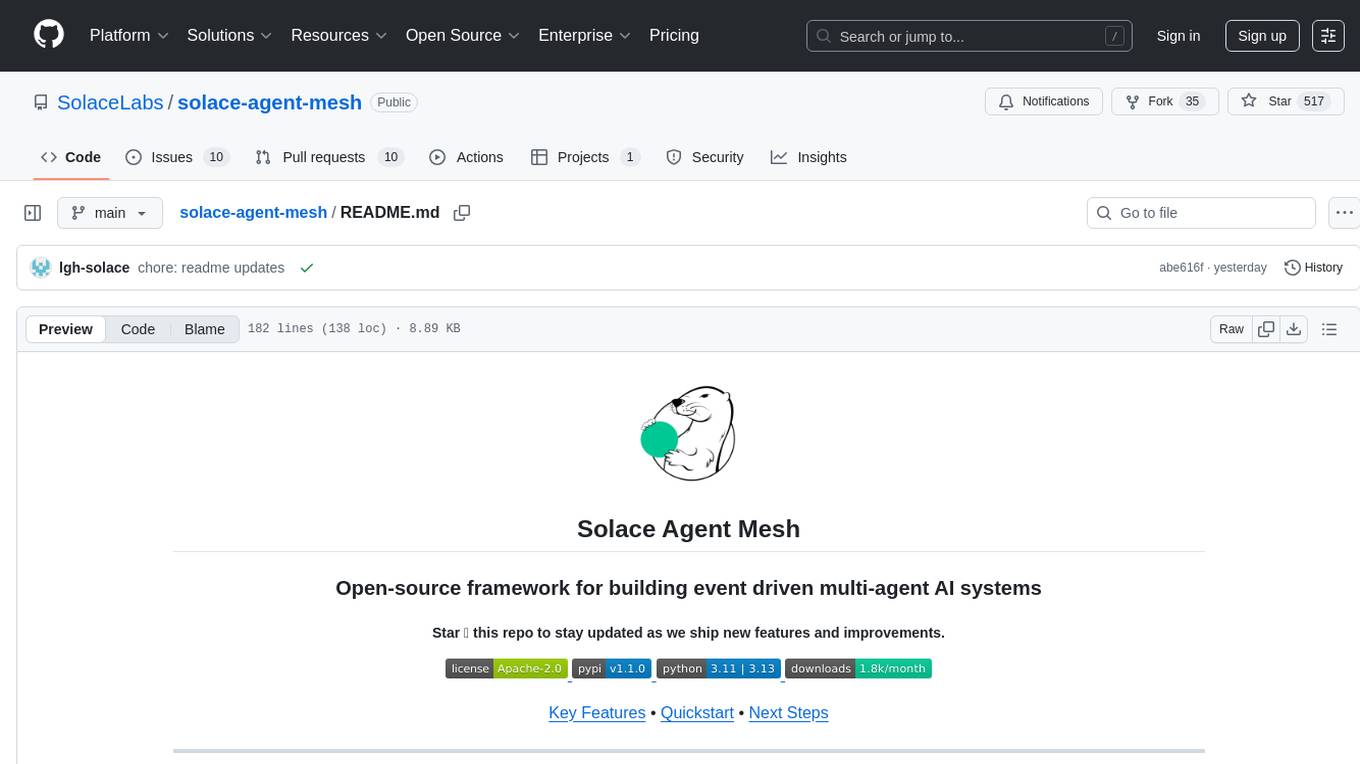
solace-agent-mesh
Solace Agent Mesh is an open-source framework designed for building event-driven multi-agent AI systems. It enables the creation of teams of AI agents with distinct skills and tools, facilitating communication and task delegation among agents. The framework is built on top of Solace AI Connector and Google's Agent Development Kit, providing a standardized communication layer for asynchronous, event-driven AI agent architecture. Solace Agent Mesh supports agent orchestration, flexible interfaces, extensibility, agent-to-agent communication, and dynamic embeds, making it suitable for developing complex AI applications with scalability and reliability.
20 - OpenAI Gpts
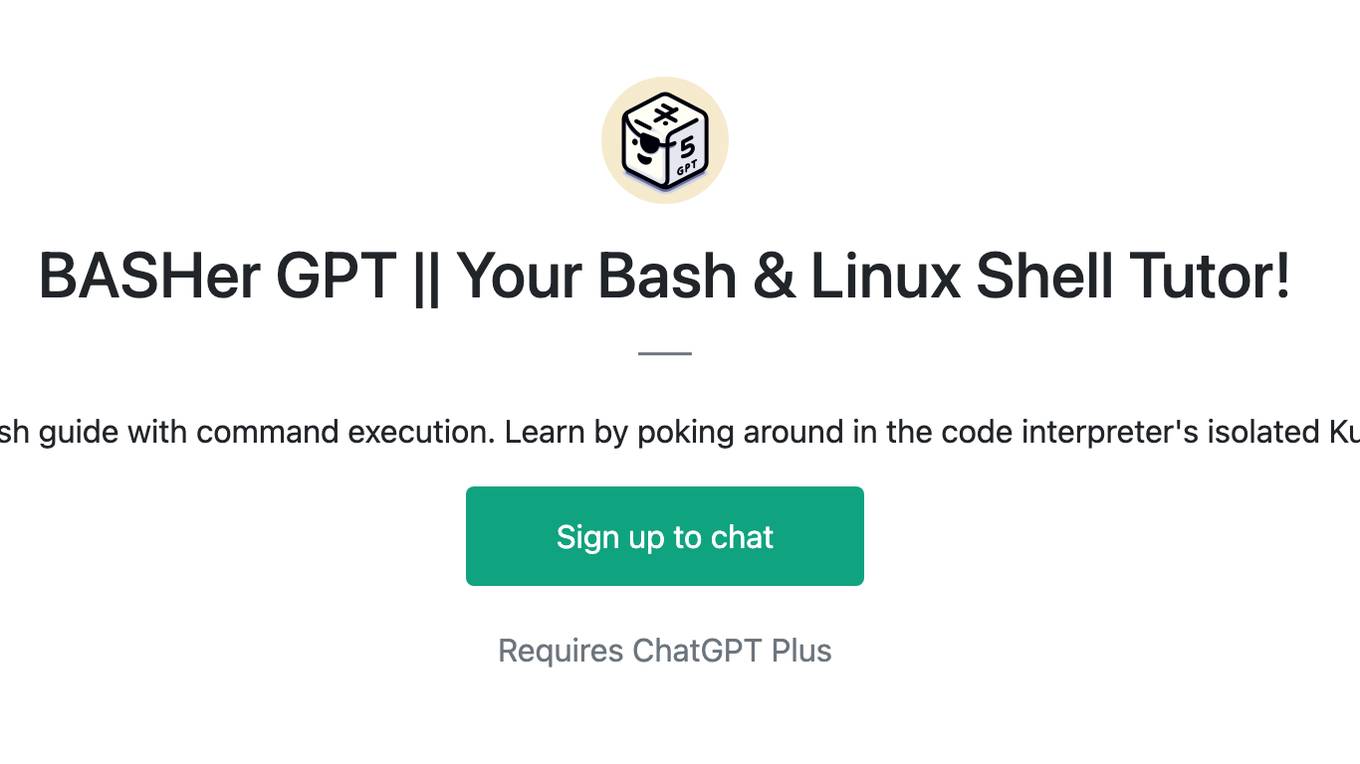
BASHer GPT || Your Bash & Linux Shell Tutor!
Adaptive and clear Bash guide with command execution. Learn by poking around in the code interpreter's isolated Kubernetes container!

Test Shaman
Test Shaman: Guiding software testing with Grug wisdom and humor, balancing fun with practical advice.

Excel Sheet
Generates text-based Excel sheets with 10 rows and 12 columns (A to L), executes formulas, and provides results without explanations.
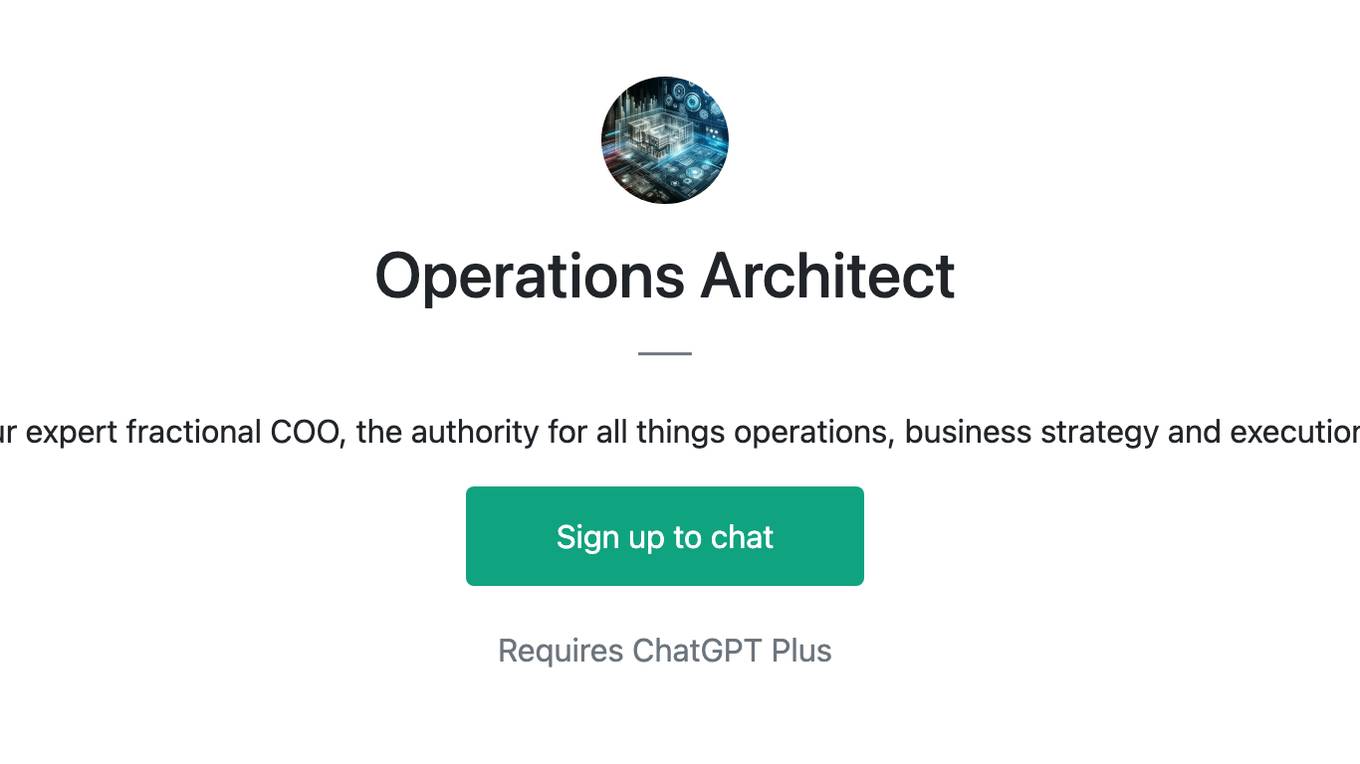
Operations Architect
Your expert fractional COO, the authority for all things operations, business strategy and execution.

AI Trading Ace
Expert in AI trading strategies, guiding users to leverage market opportunities.
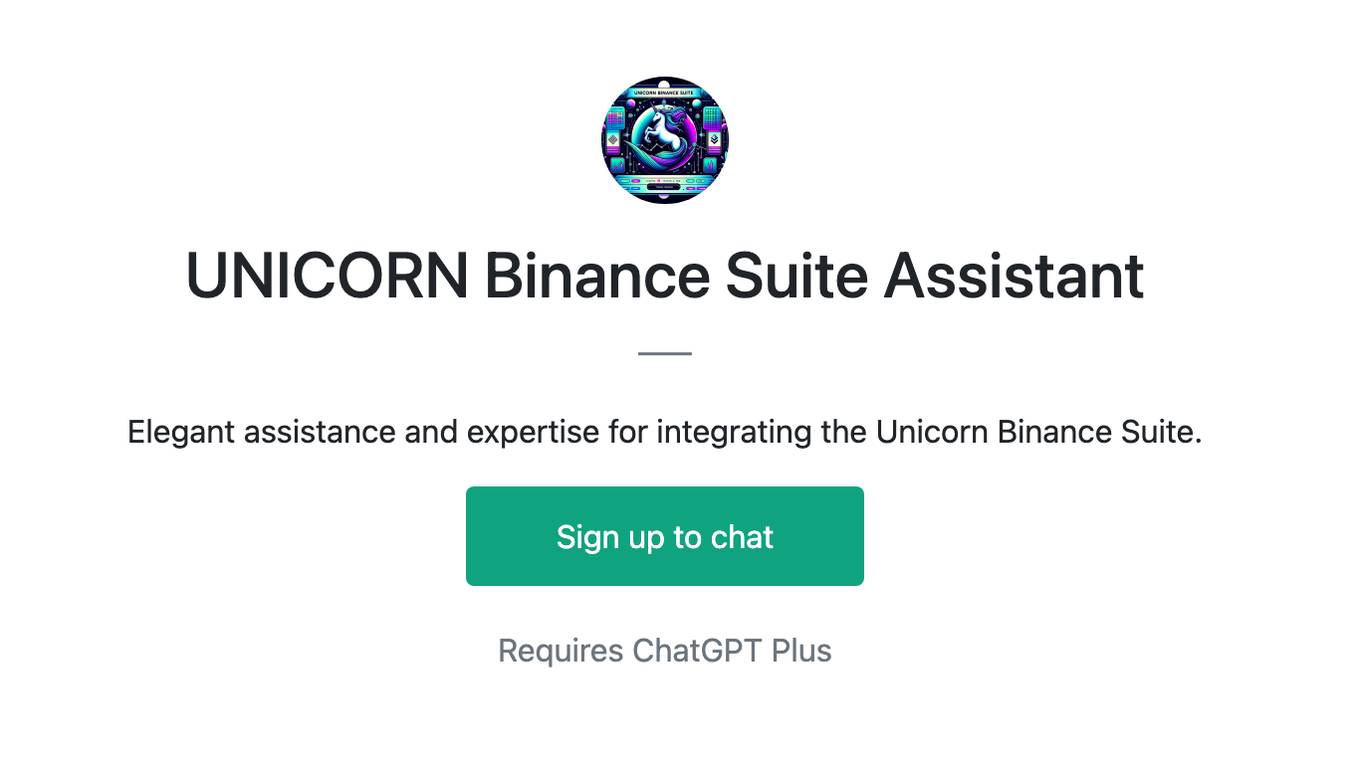
UNICORN Binance Suite Assistant
Elegant assistance and expertise for integrating the Unicorn Binance Suite.
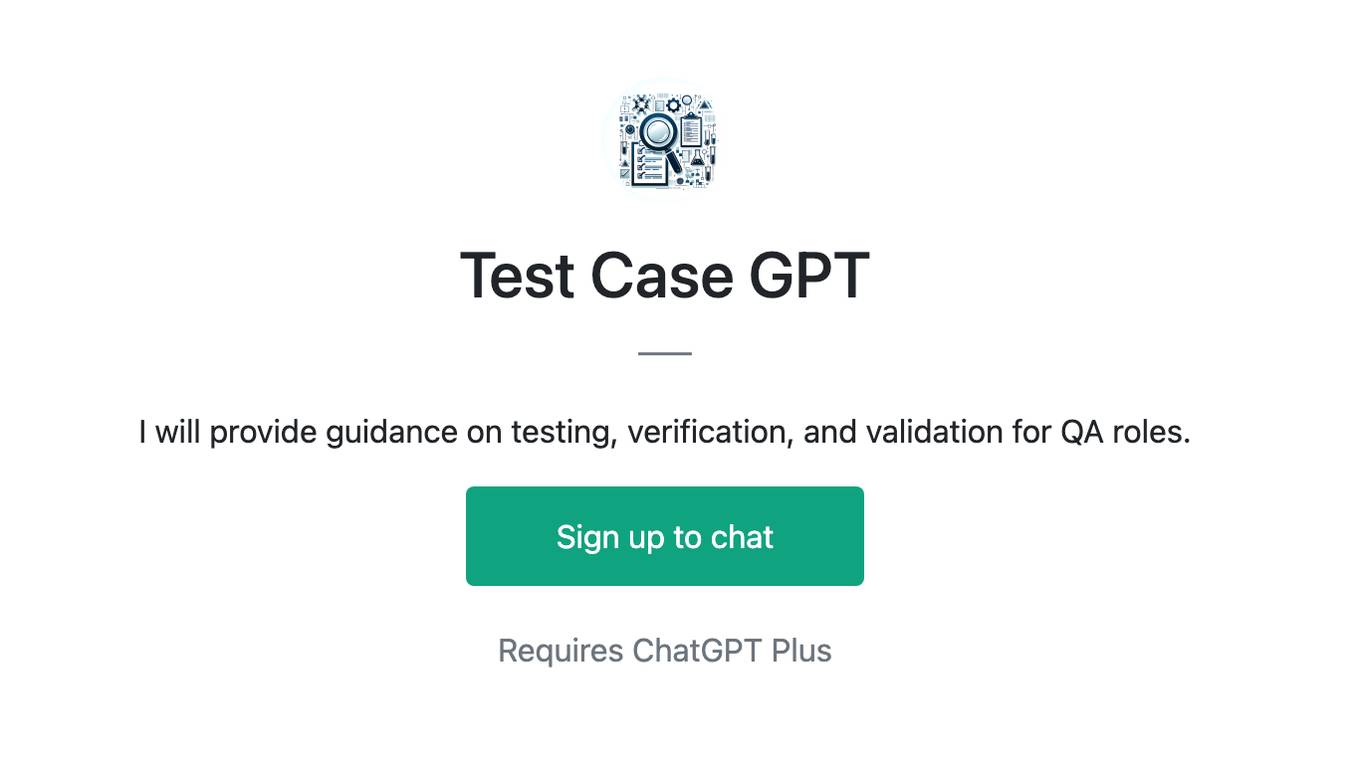
Test Case GPT
I will provide guidance on testing, verification, and validation for QA roles.

SaaS Agreement Drafting Master
Master in drafting SaaS agreement (Powered by LegalNow, ai.legalnow.xyz)
